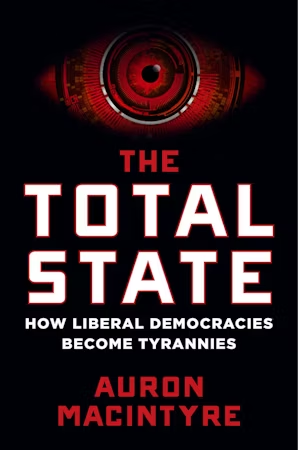There is no one cultural shit-lib cultural artifact that speaks to me of the change in the leadership class of the American Empire than Star Trek; This thread will explore this parallel transformation below:
Star Trek's history can be divided into 5 major phases;
Star Trek "Progress"
Star Trek "Cold Warrior"
Star Trek "Science"
Star Trek "Transition"
Star Trek "DEI/Collapse"




Star Trek "Progress"
Star Trek "Cold Warrior"
Star Trek "Science"
Star Trek "Transition"
Star Trek "DEI/Collapse"


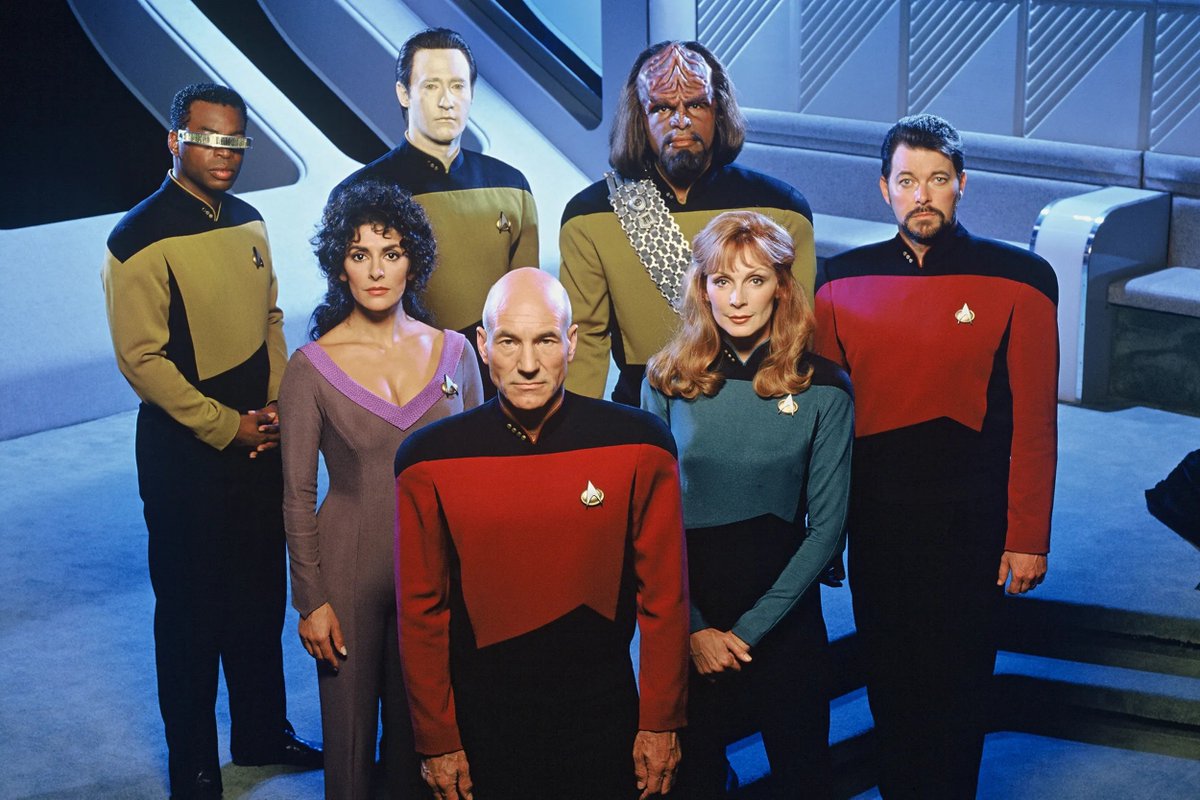

The Original Series of Star Trek is the embodyment of self-confident Progressivism. It's about a band of wise brothers served by a support staff of attractive women conquering the galaxy by their inherant superiority in all respects. Absolutely secure in their moral judgements.
"Star Trek Progress"



"Star Trek Progress"


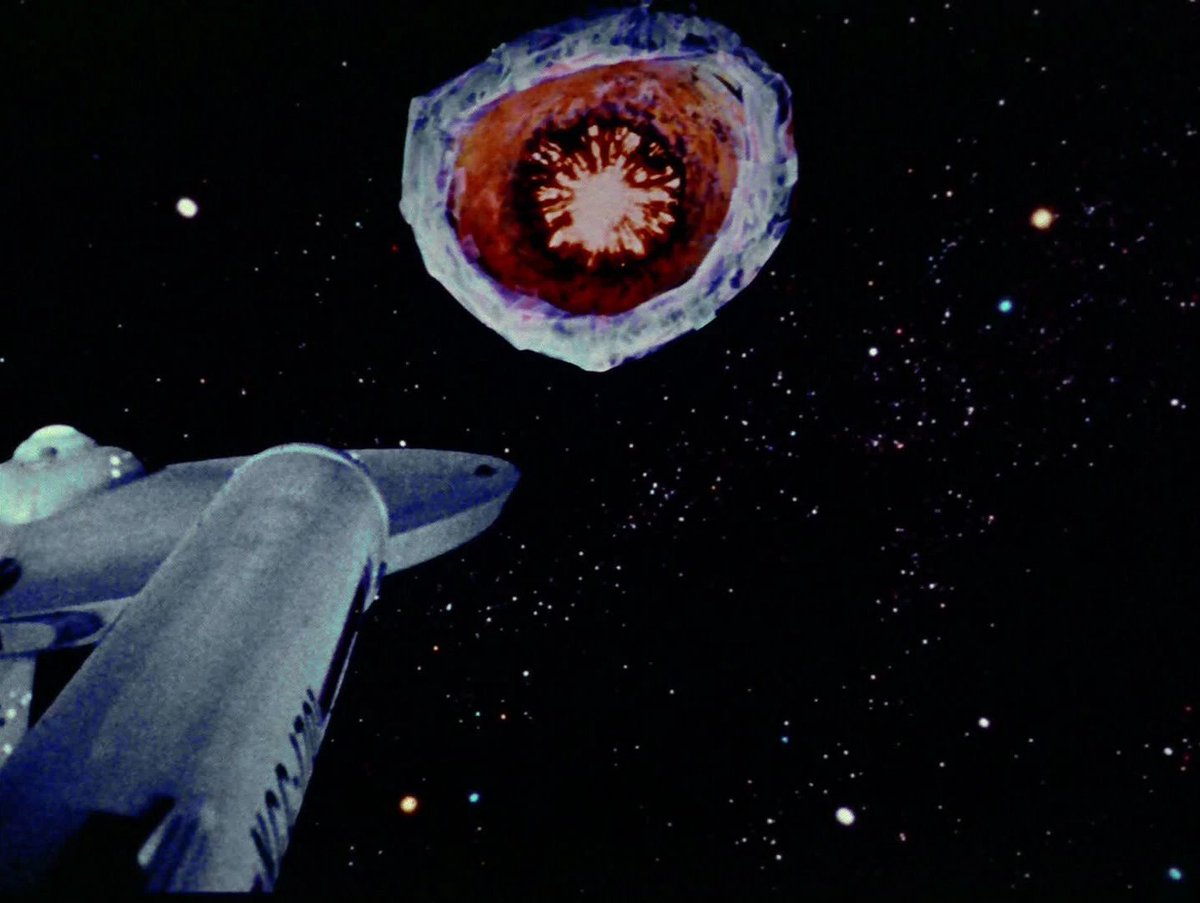

Between 1969 and 1979 when the first movies were made; Progressive culture had moved on. The band of brothers finds itself now in civilizational conflict; still absolutely confident in their identity, but no longer in their superiority.
"Star Trek Cold War"




"Star Trek Cold War"



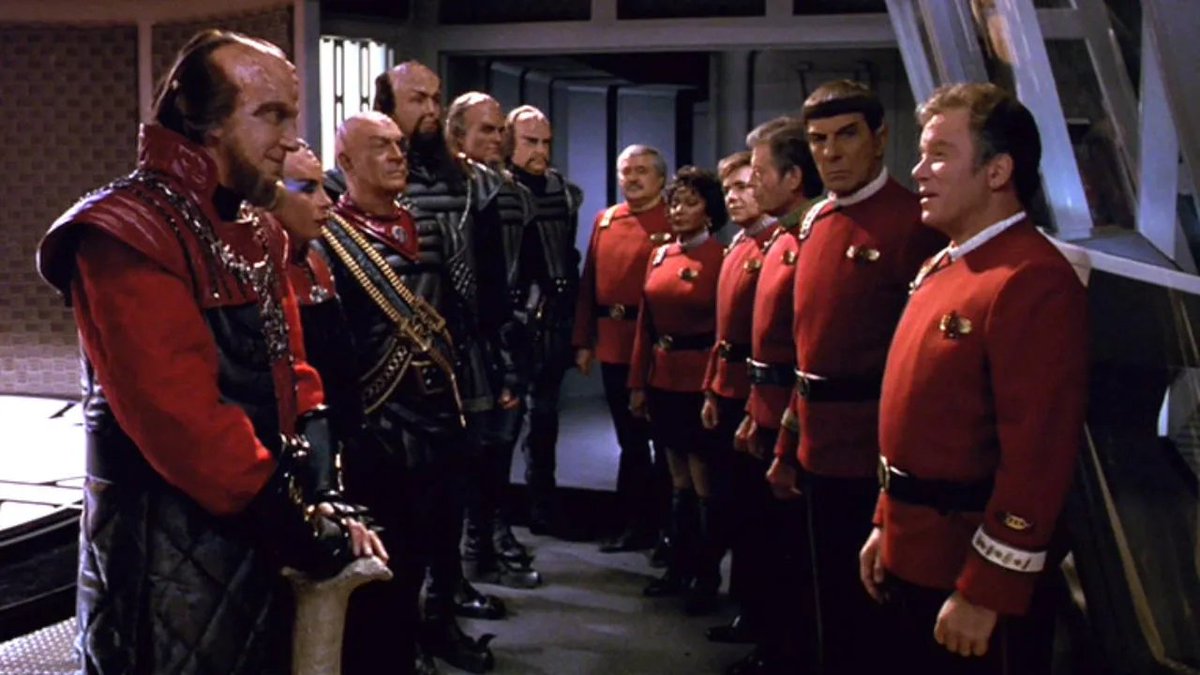
By the time Star Trek TNG was being made; Progressives no longer saw themselves as a brotherhood in conflict, but rather a group of gender-neatural technocrats here in a post-political universe here to solve problems with science and diplomacy.
"Star Trek Science"



"Star Trek Science"

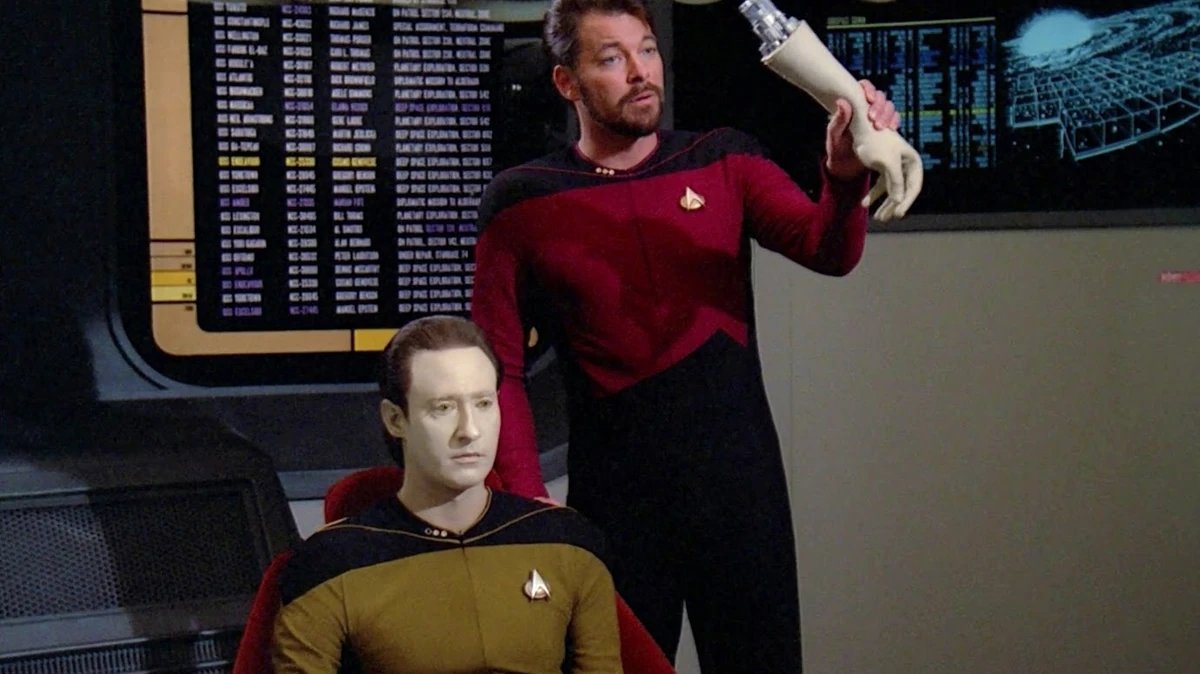

The actual conflict in the show [and the Progressive mind] is to justify their universal dominace by display of their moral suprememcy. In 1987 when TNG launched they clearly believed in themsleves, by 1997 when DS9 launched the "Maquis vs. Federation" arc, this confidence was gone.

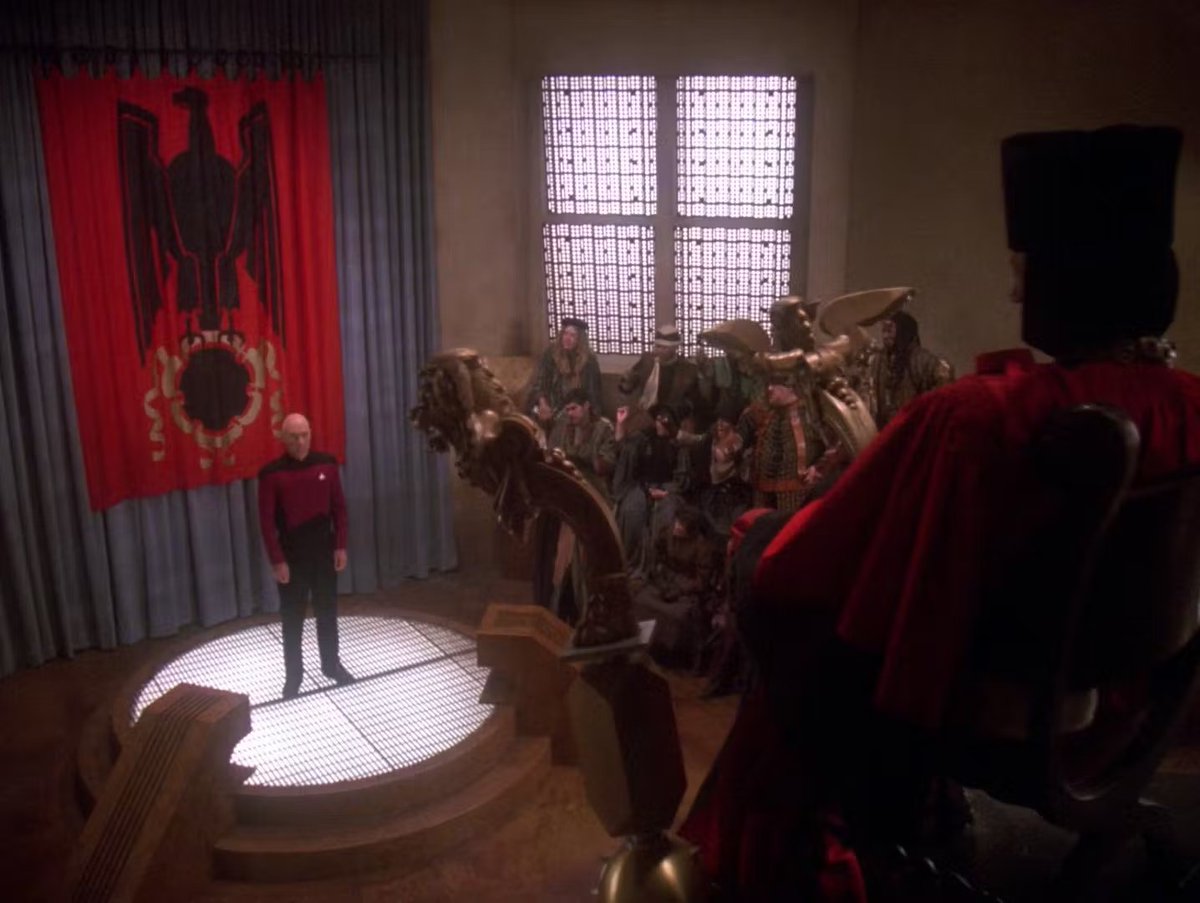

This period of Star Trek; with DS9 and Voyager airing together, is charectorized by a continuous decline in self confidence and a growing fear of what letting go of the mandate of heaven looks like.
"Star Trek Transition"




"Star Trek Transition"




By 1998 and the making of Star Trek Insurect; the loss of confidence is complete. All future content is about the humiliation and punishment of the "band of brothers" for ever having dared to rule the universe to begin with.
"Star Trek DEI/Collapse"



"Star Trek DEI/Collapse"



In the end, the creators cannot resist the urge to go back and vandalize the art they cared so deeply about as children; not content to tell knew stories about new charectors, instead the bug-man-death-drive takes hold of their art.
Mene, Mene, Tekel, Parsin.




Mene, Mene, Tekel, Parsin.




• • •
Missing some Tweet in this thread? You can try to
force a refresh








